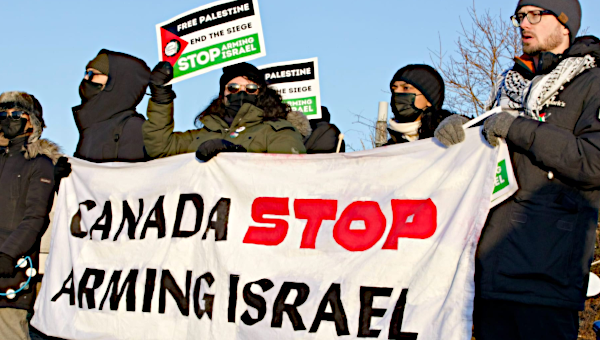
Shape of things to come between Iran and the U.S.?
It is customary in an Iranian wedding ceremony, when asked, "Do you take this man?", for the bride to not answer "Yes!" the first time the question is posed. By tradition, the bride, but not the groom, is asked the signifying question three times. To show her proper upbringing, she must wait until the third time before answering 'Yes!' Otherwise, she may come off seeming too eager, not ladylike, not coy enough, aggressive or too enthusiastic (implying further bad things), way too much in a hurry, not able or patient enough to observe the proper decorum. Not good.
The Obama administration's recent overtures for a reconciliation with Iran have come in the form of sweet talk of opening up of fisted hands, accompanied with a quotation from the wily and clever Saadi, one of our more popular poets (1184-1283?). The initial Iranian responses to these Obama overtures are starting to resemble the coy Iranian bride's ladylike silence upon first being asked if she would take the man.
Initial reactions from the Iranian government were predictable rebukes and denunciations to the effect that nothing has changed in reality, that the Americans should draw some lessons from their past and present behavior if they really want better relations with Iran. Yet, the Supreme Leader, Grand Ayatollah Khamenei, left open the possibility that the Americans can and may change their attitude, in which case the Iranians likewise will change theirs; which is to say, "Keep talking! I'm listening."
Of course, the Iranian government would like nothing better than to have full and complete recognition from the global bully, a recognition that comes with a guarantee of unfettered turf and a ticket to actual and concrete cooperative joint projects with the global bully in regional matters, such as in 'stabilizing' Iraq and Afghanistan, where the Iranians can play a substantial role in furthering the agenda set out by the global bully. But, of course, the Iranians cannot come out and just say it like that. They have to play coy, or actually, even pissed off a bit initially, demanding the unfreezing of assets, the stopping of economic embargo and the hostile language; basically, demanding the stoppage of all abusive behavior, and a show of some real sweetness before this principled and pious bride is convinced that she can live comfortably within the coming union of objectives.
One of the signs of attitude change the Iranian side expects to see, one of the most obvious, is the un-freezing of the their assets held in American banks. This can easily be arranged without any loss of face on the part of the Americans, since not a really big deal, yet can be used in Iran as the proof that the Americans are starting to step on the righteous path and yielding to the Iranian people's demands. This in turn will lead to more open Iranian cooperation with, say, the NATO, providing them whatever help they can in the war against Afghanistan. In time, further concrete measures will be taken to bring the two states closer.
But, the 'bringing closer' of the two states will only work as long as the union is beneficial to the imperialists. As long as the major interests of the imperialists are reinforced and fortified, they will have no problem throwing around some crumbs.
Signs of relational improvements between the two sides have already manifested themselves. "[A] meeting took place on March 9 between NATO's Assistant Secretary General for Political Affairs and Security Policy Martin Erdmann and Iran's Ambassador to Belgium, Luxembourg and the European Union, Ali-Asghar Khaji," (see here). There is also the invitation offered to Iran (and Iran's acceptance) to participate in a NATO-organized international conference, held on March 31, to deal with the war in Afghanistan.
And, as pertains to some of the things the Iranian government would like to see done by the American side, we have seen the throwing to the wolves of about 3,500 members of an Iranian opposition group, the People's Mojahedin (or Mojaheddin-e Khalq-e), camped for the past twenty years in a military compound north of Baghdad, some 50 miles from the Iranian border. This organization has been a major irritant to the Iranian regime ever since 1980. The Mojahedin in Iraq have been told their camp will be moved to a location far removed from the border and much more remote, and that they will have to leave Iraq. Their presence in Iraq after the overthrow of Saddam Hussain had been tolerated by the invaders and, presumably, held as a card to be used in any potential negotiations with the Iranian government. It seems that card is now in play.






